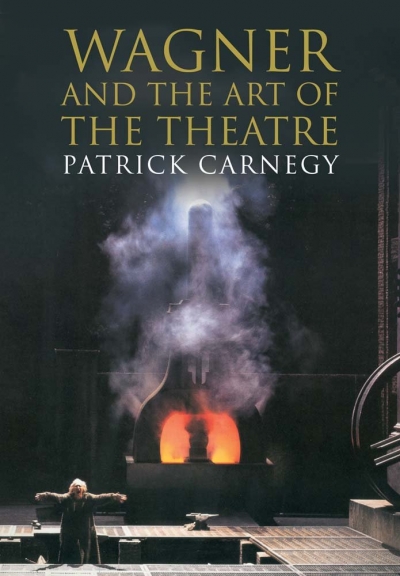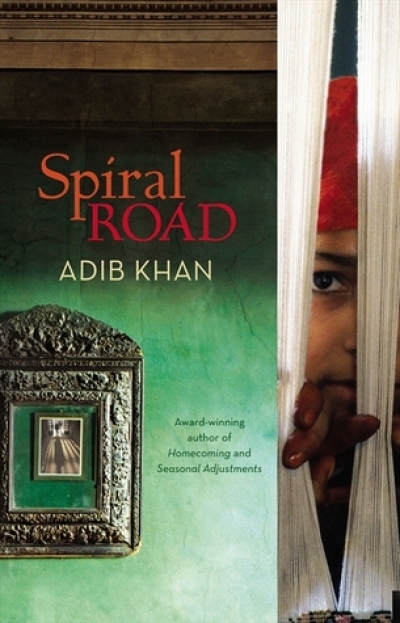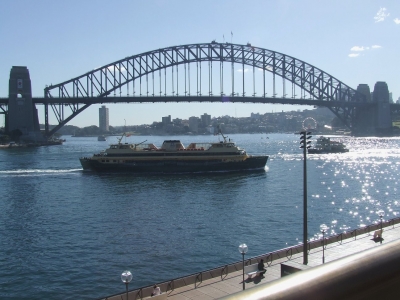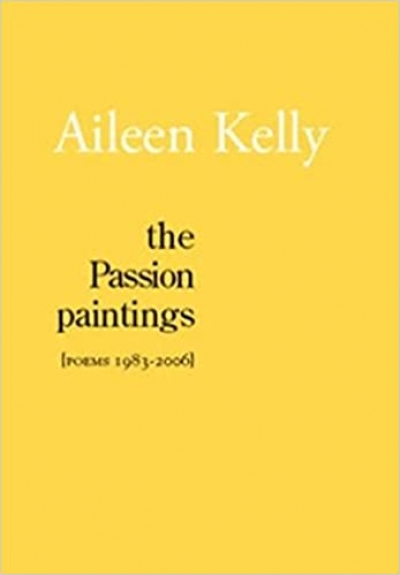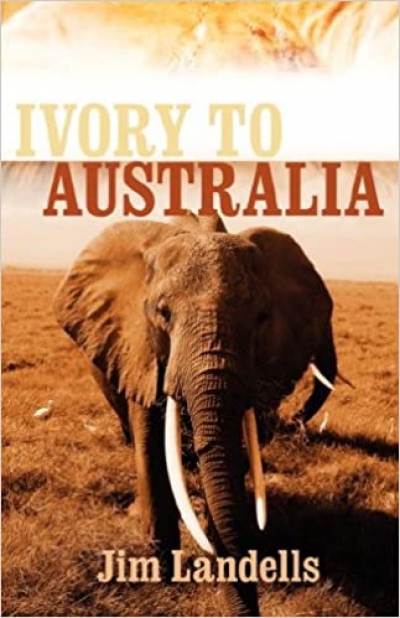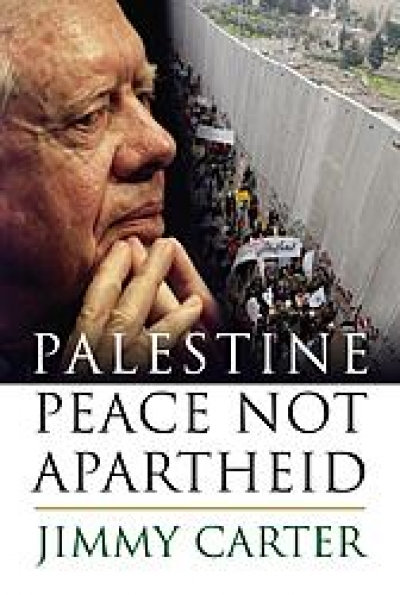Archive
The Sleepers Almanac 2007: The family affair edited by Zoe Dattner and Louise Swinn
In the clear light of a cloudy summer morning
The idiot boy, holding his father’s hand,
Comes by me on the Quay where I sit writing.
His father spots me looking up, and I don’t want
To look as if I wished I hadn’t, so
Instead of turning straight back to my books
I look around, thus making it a general thing
That I do every so often –
To watch the ferries, to check out the crowd.
Dear Elizabeth,
Well, it seems our long correspondence is over. Actually it ended some years ago, didn’t it? Your last letter to me is dated Christmas Eve 2001. I continued writing to you into the following year, not immediately realising you were unable to reply, even though your later letters spoke of confusion and of unaccountably getting lost in familiar streets.
... (read more)So there he was in the library, crouched above the floor
like a mousetrap, squinting into his rickety parallel edition
of the Satires. The paperback was from the late fifties;

